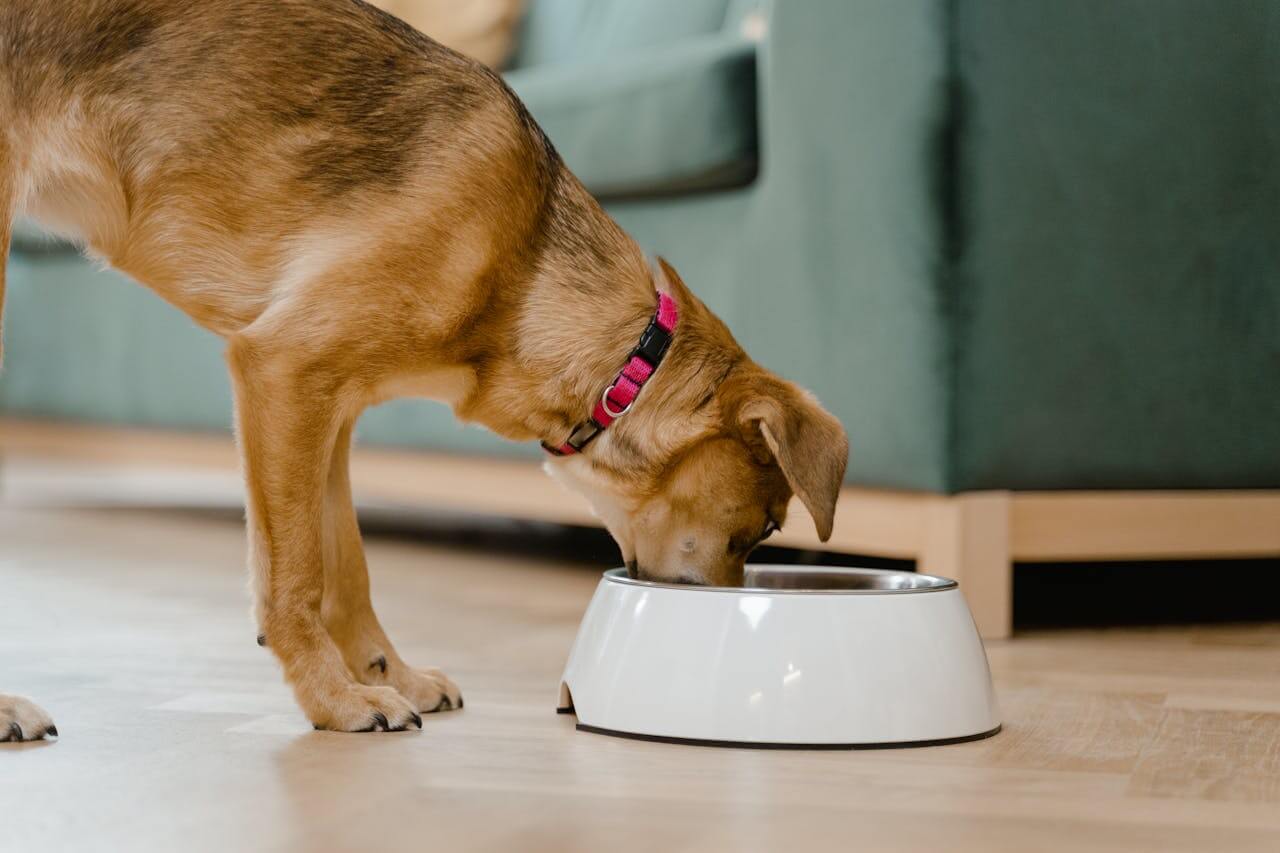Is your dog dealing with soft stools, gas, or occasional vomiting? Digestive sensitivity is one of the most common issues pet parents face, and it can affect everything from appetite to energy levels. The good news? With the right care, you can soothe your dog’s stomach and improve their gut health long-term.
1. Common Signs of a Sensitive Stomach
Your dog doesn’t need to have constant tummy troubles to be considered sensitive. Look for:
- Loose or inconsistent stools
- Flatulence or bloating
- Lack of appetite or picky eating
- Occasional vomiting or gulping grass
- Excessive licking (often around lips or paws)
These symptoms may appear on their own or in cycles, especially after food changes or stress.
2. Feed a Consistent, Gentle Diet
Dogs with sensitive tummies thrive on stability. Avoid frequent food changes and aim for simple, high-quality recipes. Ingredients like chicken, salmon, pumpkin, and sweet potato are generally easy on the gut.
Always introduce new food slowly—over 7–10 days—to avoid triggering an upset.
3. Support Digestive Health with Probiotics
The gut is home to trillions of bacteria that impact digestion, immunity, and even mood. Probiotics help restore balance and reduce digestive upsets.
Pupps Pre & Probiotic Treats are specially formulated to:
- Promote firm, regular stools
- Balance gut bacteria for improved digestion
- Support immunity and reduce bloating
- Ease bad breath and scooting
They’re ideal for daily use and a game-changer for dogs with sensitive stomachs.
4. Watch for Intolerances or Allergies
Food sensitivities can mimic stomach issues. Common triggers include grains, beef, dairy, and artificial additives. If symptoms persist, speak to your vet about an elimination diet to pinpoint any problem ingredients.
Choosing limited-ingredient foods and supplements can make a big difference.
5. Reduce Stress (It Impacts the Gut!)
Stress and anxiety can directly affect your dog’s digestion. If your pup is prone to nervousness, consider calming routines, gentle enrichment games, and digestive supplements with natural stress-reducing ingredients.
Final Thoughts: Support from the Inside Out
Helping your dog with a sensitive stomach starts with understanding their unique needs and supporting their gut health daily. With the right food, routine, and targeted digestive support, you can reduce flare-ups and help your dog feel better, naturally.
Try Pupps Pre & Probiotic Treats to support your dog’s tummy and overall wellbeing—one chew at a time.




Leave a comment
This site is protected by hCaptcha and the hCaptcha Privacy Policy and Terms of Service apply.